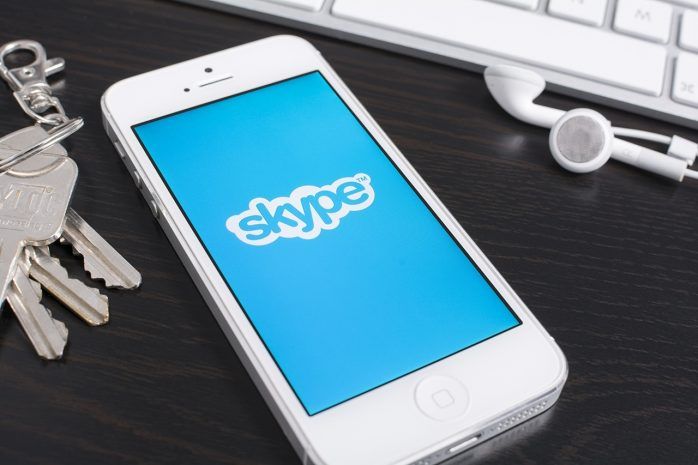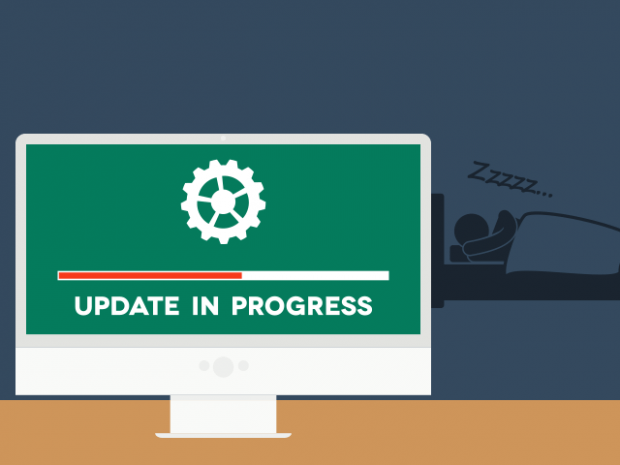
How to find a free game while avoiding scams
Five things to keep in mind when choosing a free PC game to play.
39 articles

Five things to keep in mind when choosing a free PC game to play.

With Christmas less than a week away, it seems fitting that Hello Kitty is latest site geared at kids that has been hacked.

To hackers’ delight, merchant vessels that transfer about ninety percent of the world’s cargo heavily depend on automation and remote monitoring systems with poor IT security.

Fraudsters hacked Skype and tricked people from a contact list to send them about $5,000 over the course of a few days. Skype support, local banks and the police refused to do anything.

Kaspersky Lab created a mobile app to find a stolen or lost phone, remotely lock it, or delete sensitive data in case of device theft.

Let’s identify the main IT security and protection trends at MWC 2015.

New allegations against the NSA claim the group hacked into the network of the world’s largest SIM card provider, stealing encryption keys to millions of devices.

The top privacy data leaks in 2014 include: data breaches at Target and Home Depot, hacks of JP Morgan and Barclays banks, and leaks at Orange and Dropbox.

We have constructed a list of promises that you should make to yourself this year to stay safe both online and offline.

Anyone who goes online could be hacked. During Christmas time, this possibility doubles as we make a number of purchases and get so excited that we forget about security.

Let’s take a moment to discuss why people tend to skip updating and upgrading their security solutions, and why this is detrimental.

The newly disclosed Darkhotel APT campaign will surely draw increased scrutiny to hospitality systems’ security worldwide. Hoteliers acknowledge the existence of security problems in their software systems, and many are opting to move these systems into the cloud. Is this a viable solution?

Brian Donohue and Dennis Fisher talk about a new attack on the SSL protocol, which is now known as POODLE.

A data access policy becomes an issue for any company as soon as it accumulates a considerable amount of valuable and sensitive data. That doesn’t mean the policy is always in place when it should be, or that it’s implemented properly.

Having your business bank account hijacked by cybercriminals could bankrupt your company, but that type of breach isn’t really what law enforcement cares about. They are concerned with only one thing: how well you protect certain information.

Malware using Tor for communication with C&C servers is a novelty; it may not make the malware itself more dangerous, but eradicating it becomes a much more serious problem.

Wrapping up our Big Data Week, in this post we talk about potential of abuse of Big Data, which is arguably extreme.

Big Data is widely used for security purposes, especially in the banking sphere. However, the amount of security-related data causes an issue of its own.

Big Data allowed to beat cyberfraudsters over the extended frontage. Unfortunately, they read the very same books as the security and Big Data experts.

A serious elevation-of-privileges vulnerability had been discovered in Linux in late April. Bugs like this are especially problematic for businesses, and require a prompt reaction.

It’s time to reconsider our stance on data storage, and in the process, perhaps we can force a little cybersecurity education. One solution is to apply “The Three Ps” to every data storage decision a company makes (at least about PII or valuable secrets).
ACCEPT AND CLOSE
Notifications